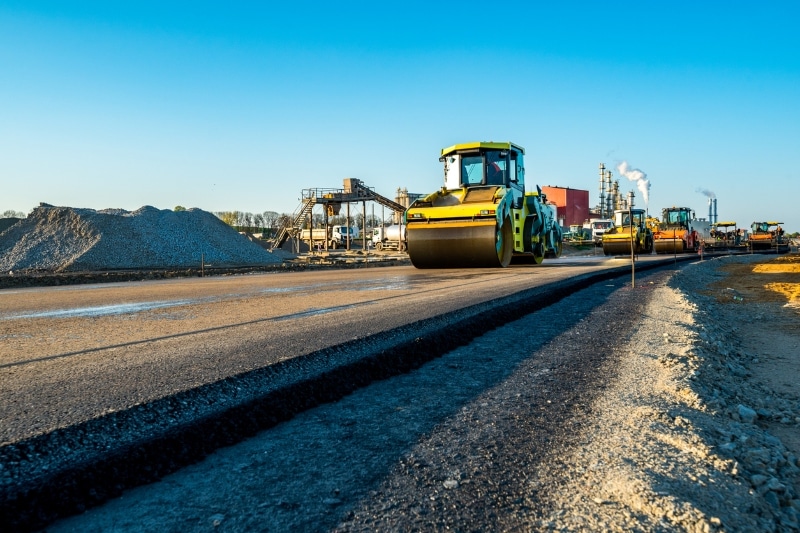In mid-June 2020, Japan’s aid agency, Japan International Cooperation Agency (JICA), signed loan agreements with the Government of the Republic of the Philippines in Manila to provide Official Development Assistance (ODA) loans of up to a total of PHP 75.5 billion (USD 1.5 billion) that would fund two big-ticket infrastructure projects in the Visayas and Mindanao aimed at enhancing the mobility of people and goods there. The loans carry concessional lending terms and have a maturity period of 40 years, inclusive of a 12-year grace period.
- Construction of the fourth Cebu-Mactan bridge and coastal road project, with loan amount of PHP 57 billion (USD 1.1 billion): This project involves the construction of a 3.3-km bridge with an elevated viaduct measuring 3.38 km (four-lane road, with two lanes in each direction); and a 4.9-km four-lane coastal road with an elevated viaduct measuring 4.75 km. The JICA loan comprises 75% of the PHP 76.4 billion (USD 1.5 billion) total cost of the project, while the remaining PHP18.8 billion (USD 379 million) will be sourced locally. This projects aims to respond to increasing traffic demand in Metro Cebu by constructing a long-span road bridge between Cebu and Mactan Island and the connecting coastal road, thereby contributing to socio-economic development through mitigating traffic congestion. It is expected that advanced Japanese technology, such as the design and construction of long span steel box girders and steel for bridge high performance structure, will be utilized in the project for constructing the long-span steel box girder bridge and coastal road. According to JICA’s website, the date for the issuance of letters of invitation for consulting services (including construction supervision) for this project in Cebu will be on August 2020, while the completion of the project when all facilities are put into service is slated for January 2028.
- Supplemental financing for the second phase of the Davao City Bypass Construction Project, worth PHP 18.5 billion (USD 373 million) of the Japanese loan: The project includes a 2.3-km main tunnel and 0.5-km four-lane cut-and-cover tunnel running through the mountainous terrain of the city’s Magtuod village. This project will address increasing traffic demand, mitigate traffic congestion in Davao City and improve logistics in the biggest economic region in Mindanao, the center of which is Davao City. This will be done by constructing a bypass road connecting the southern tip and the center part of the City in Mindanao, thereby contributing to economic development in Mindanao. Advanced Japanese technologies for tunnel excavation and construction will be utilized in the project for the Philippines’ first long tunnel. Date for the issuance of letters of invitation for consulting services (including construction supervision) has yet to be announced, while its completion is targeted by April 2023.
Both projects are part of the government’s “Build, Build, Build” infrastructure program, which the government expects to help spur growth as the economy recovers from the coronavirus crisis. Notably, the Cebu project is by far the biggest infrastructure project in the Visayas under Build, Build, Build.
(Sources: Business World; Japan International Cooperation Agency (JICA); The Manila Times)
